Student Wellbeing
Mrs Rebecca Beveridge

Student Wellbeing
Mrs Rebecca Beveridge
Welcome back to Term 4! We hope you all had fantastic school holidays and that the students had a lovely break and relaxed before getting back into the swing of things at school!
Getting back into the school routine can be tricky at the start. Here are some tips to help.
For the past two weeks for PBL, we have focused on 'Being Responsible for School Equipment'. Classes talked about why we need to look after school equipment to ensure that they don't get broken and so that everyone has the chance to use that equipment.
In Foundation, the students made posters to showcase how they can be responsible for equipment in the classroom.
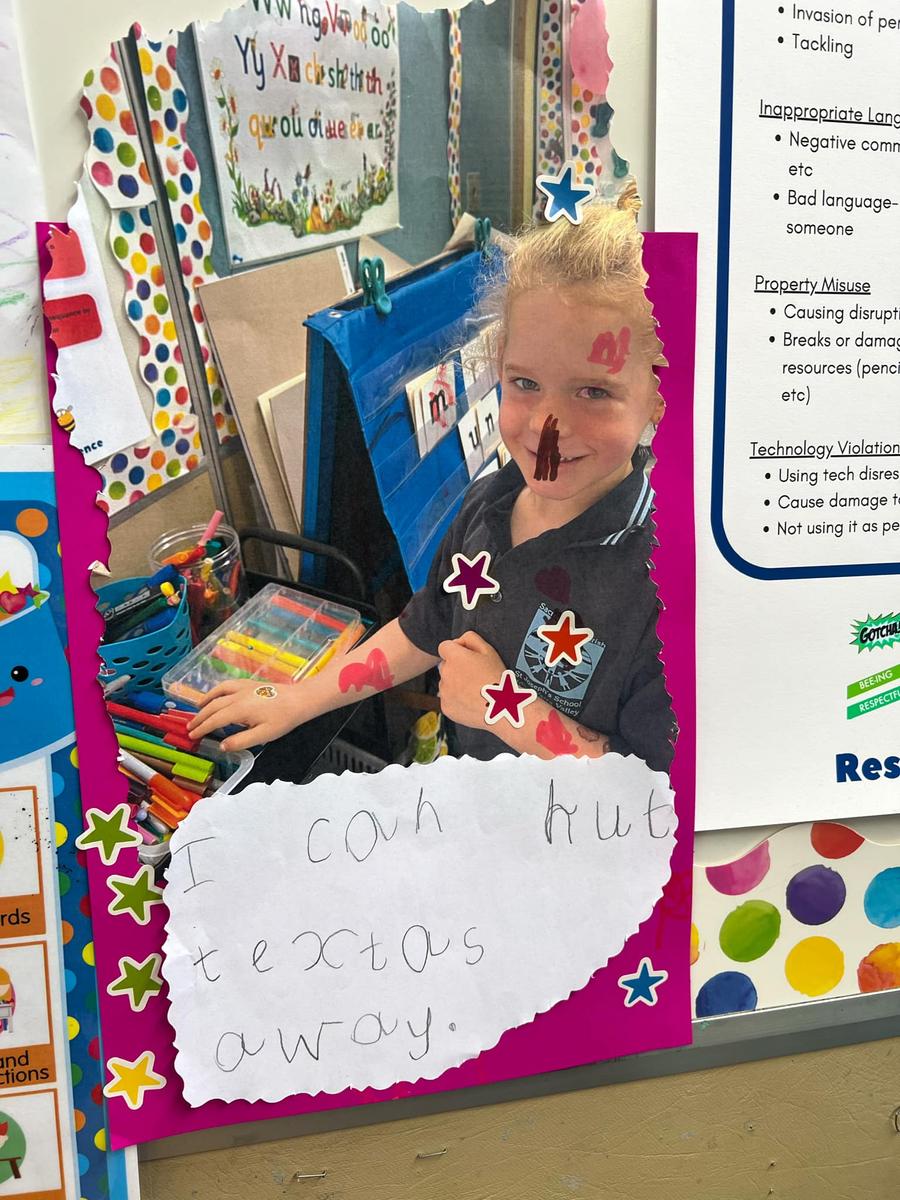
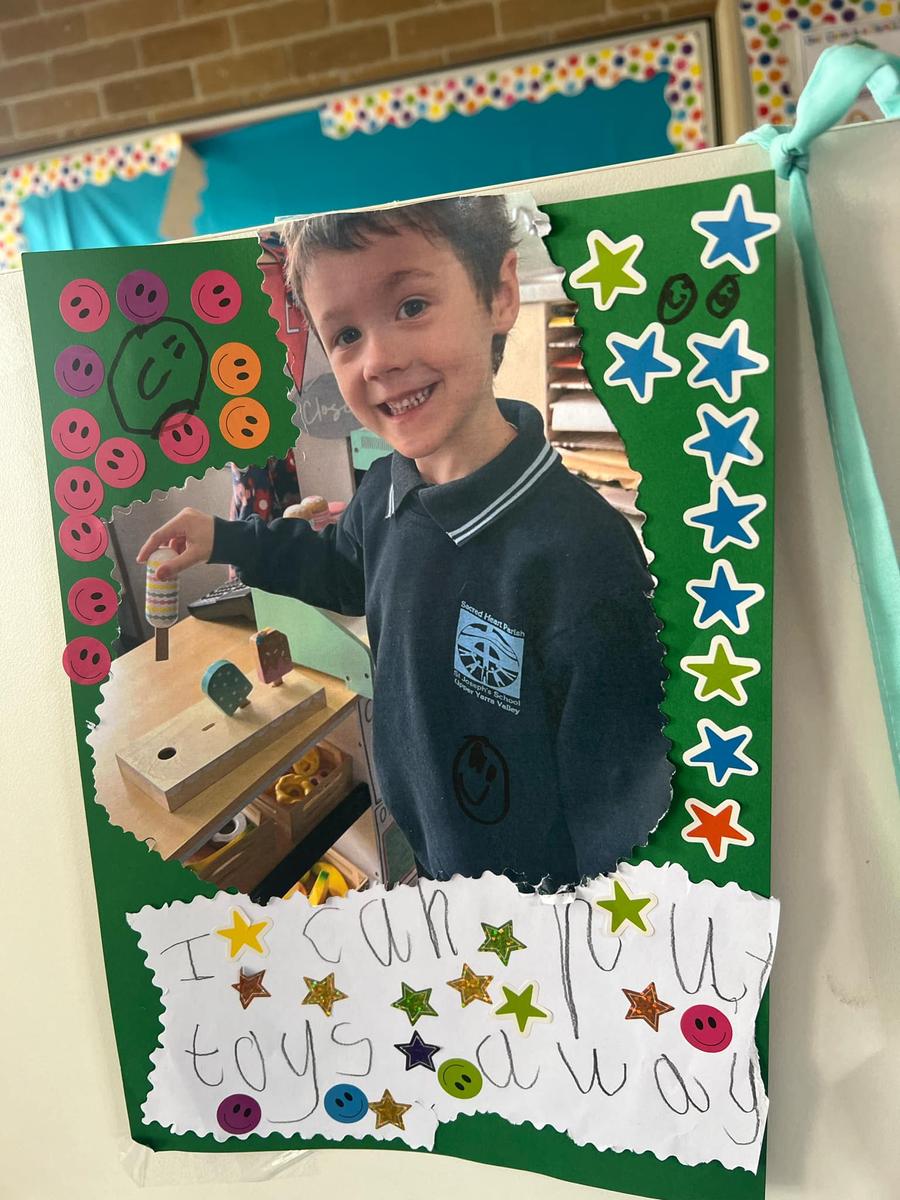
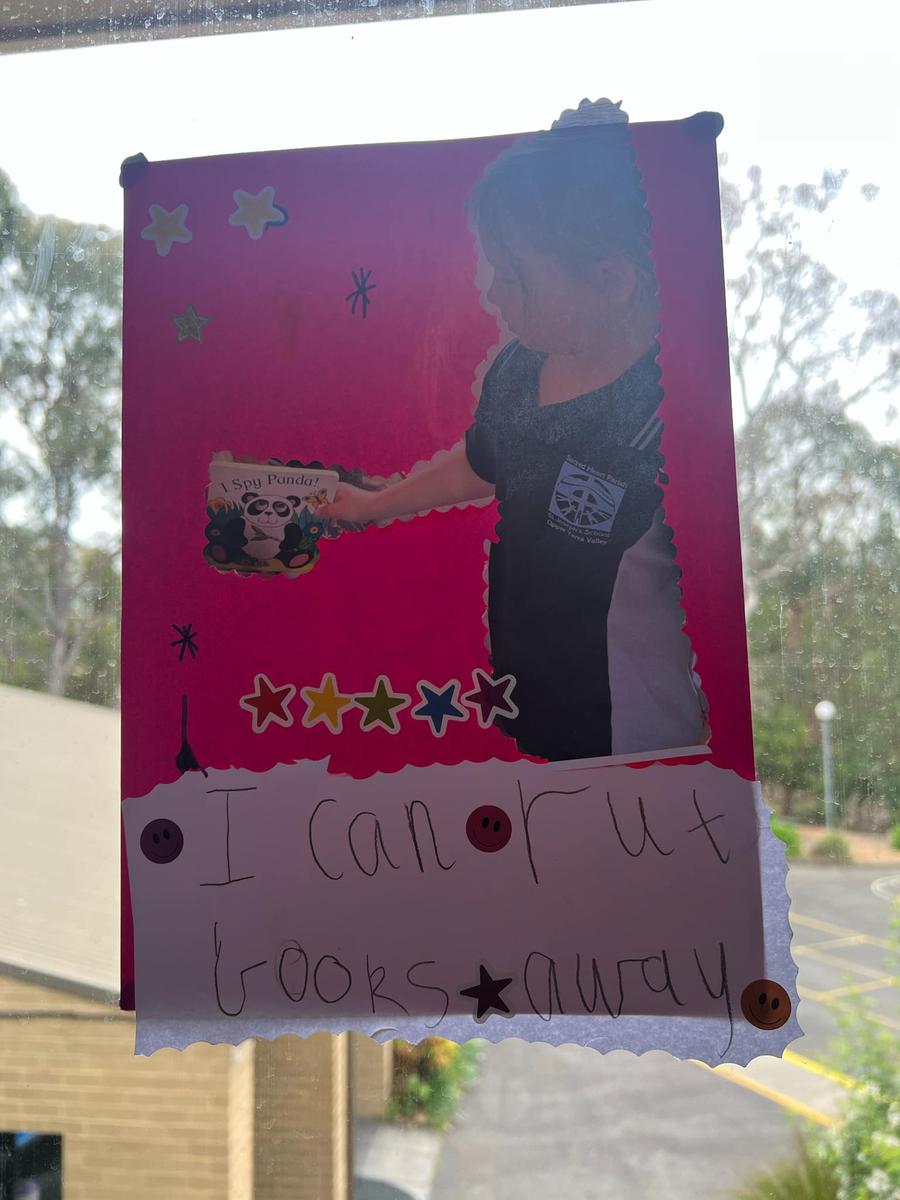
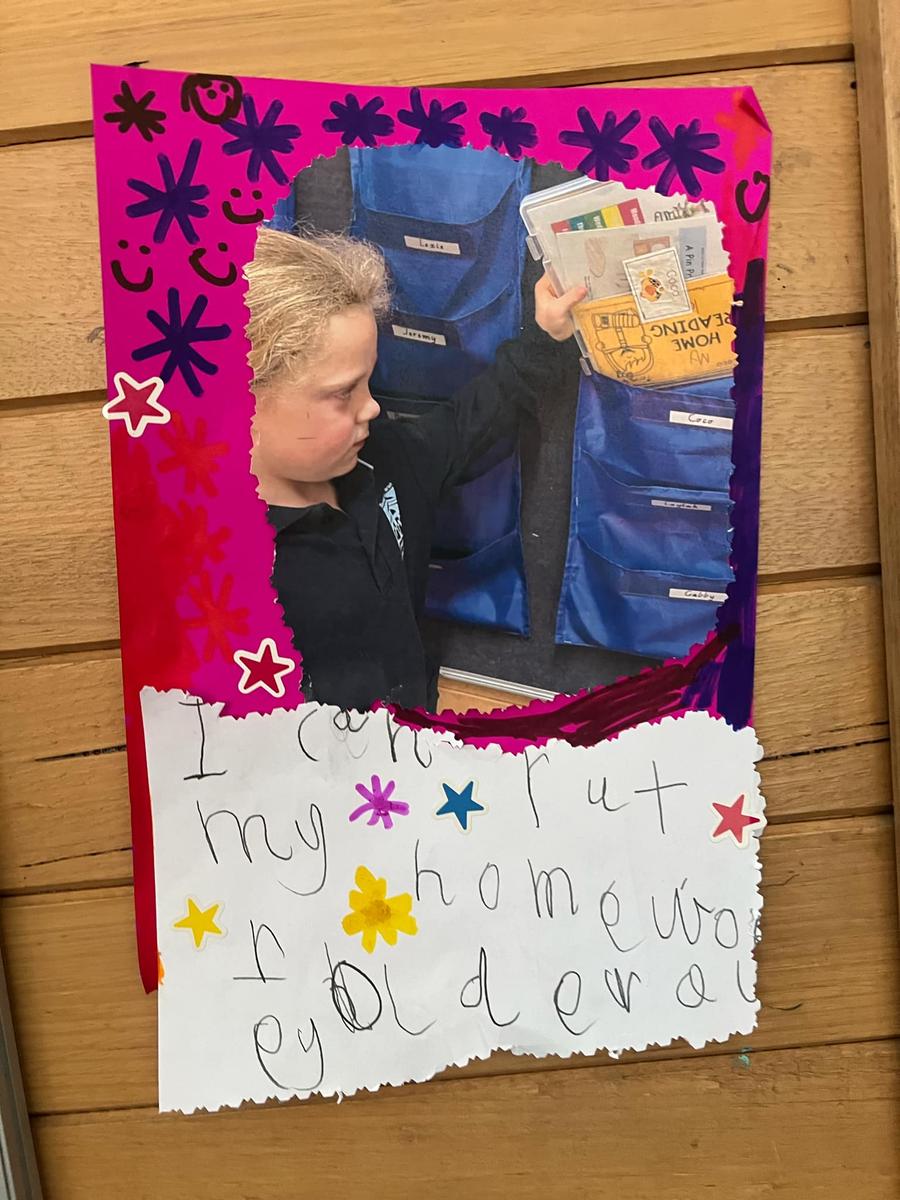
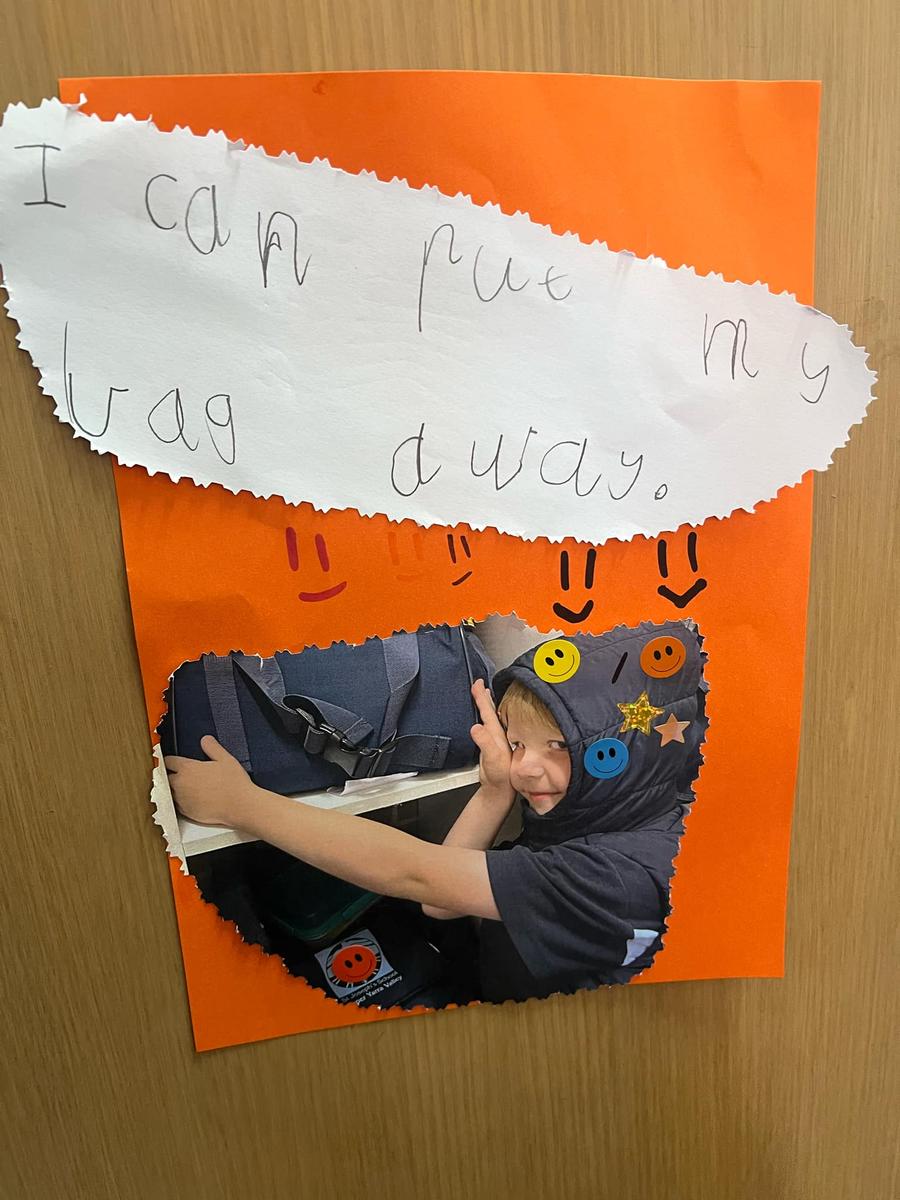
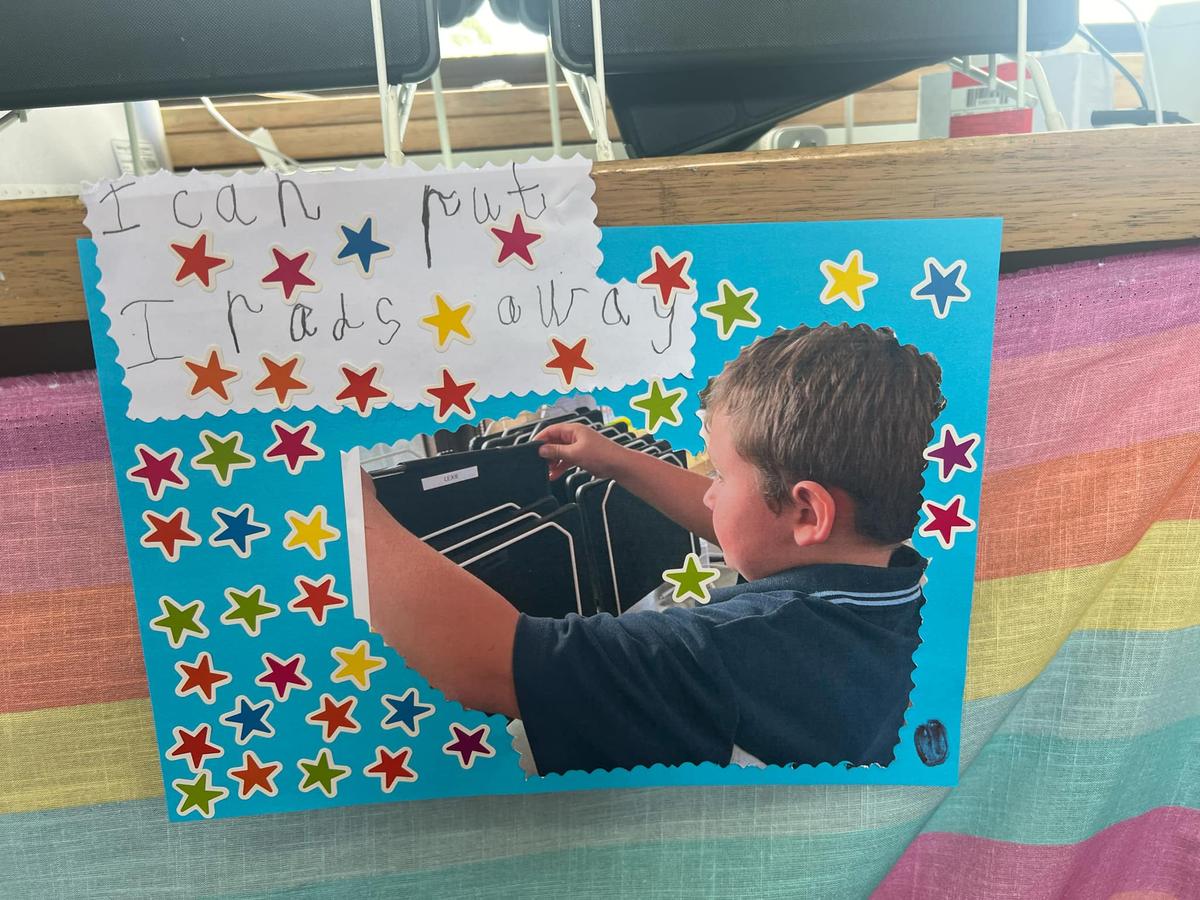
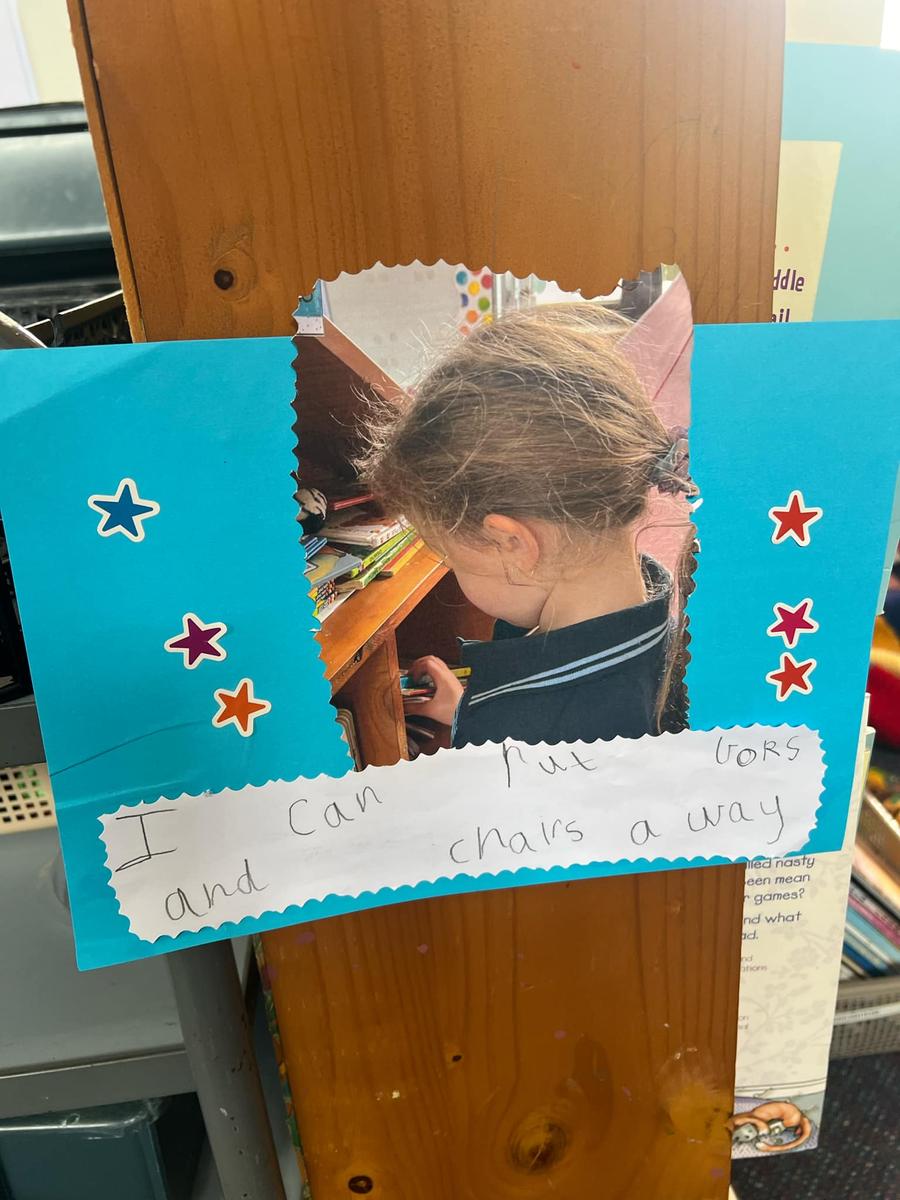
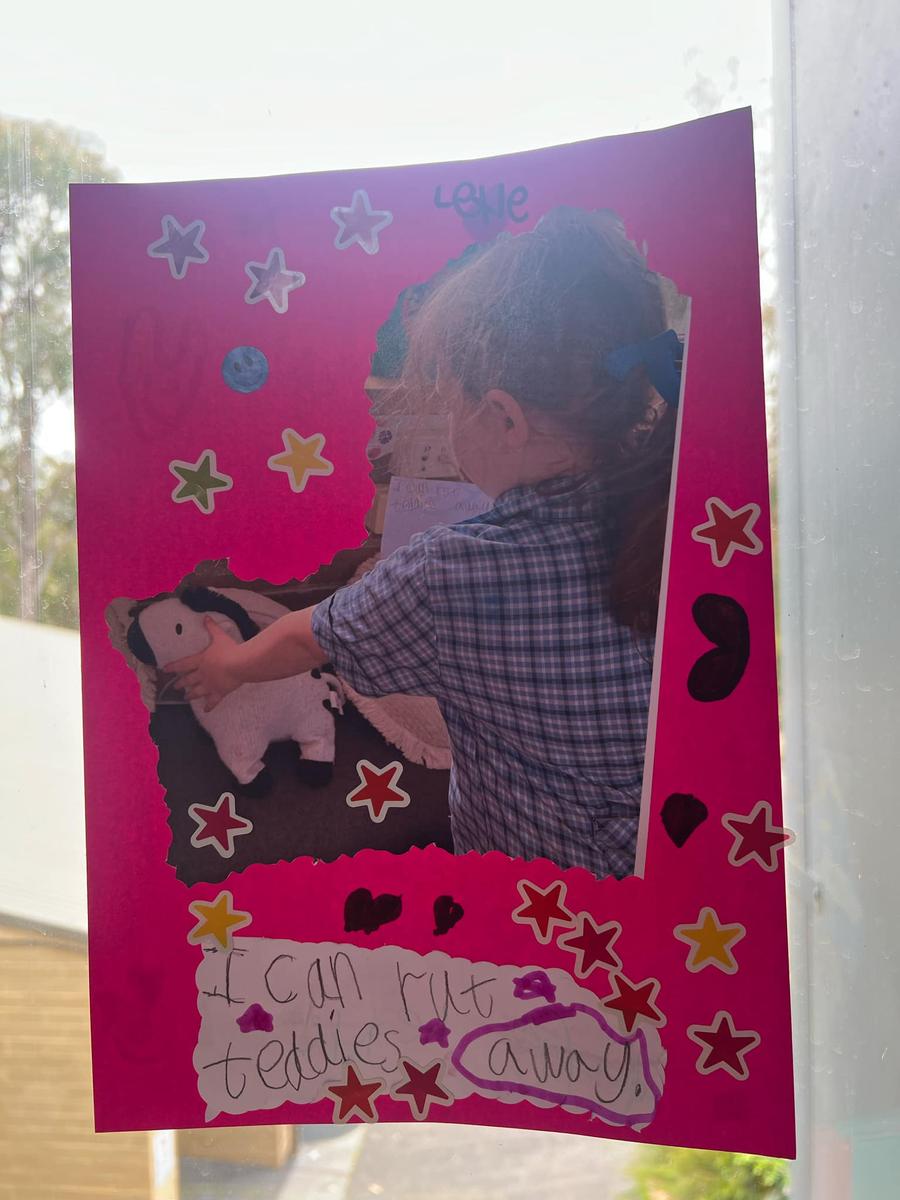
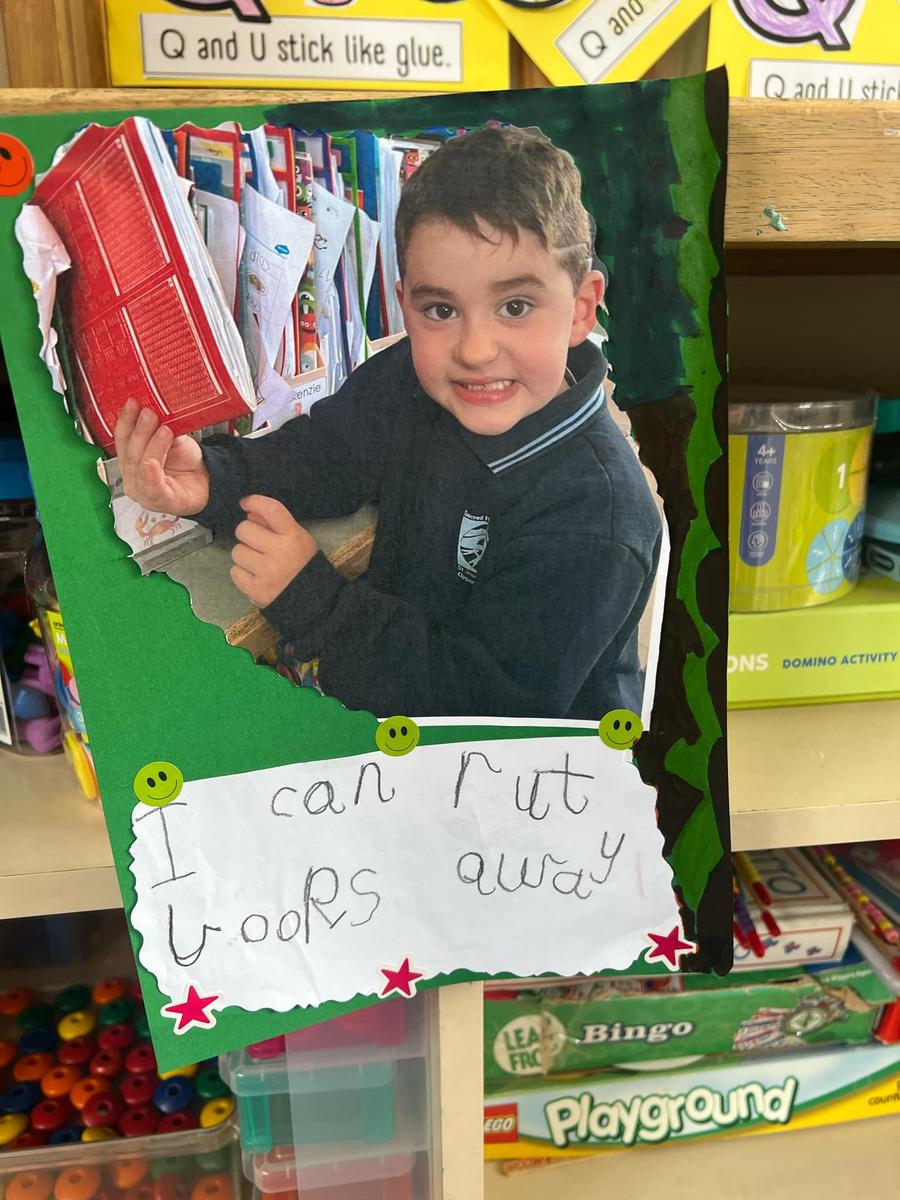
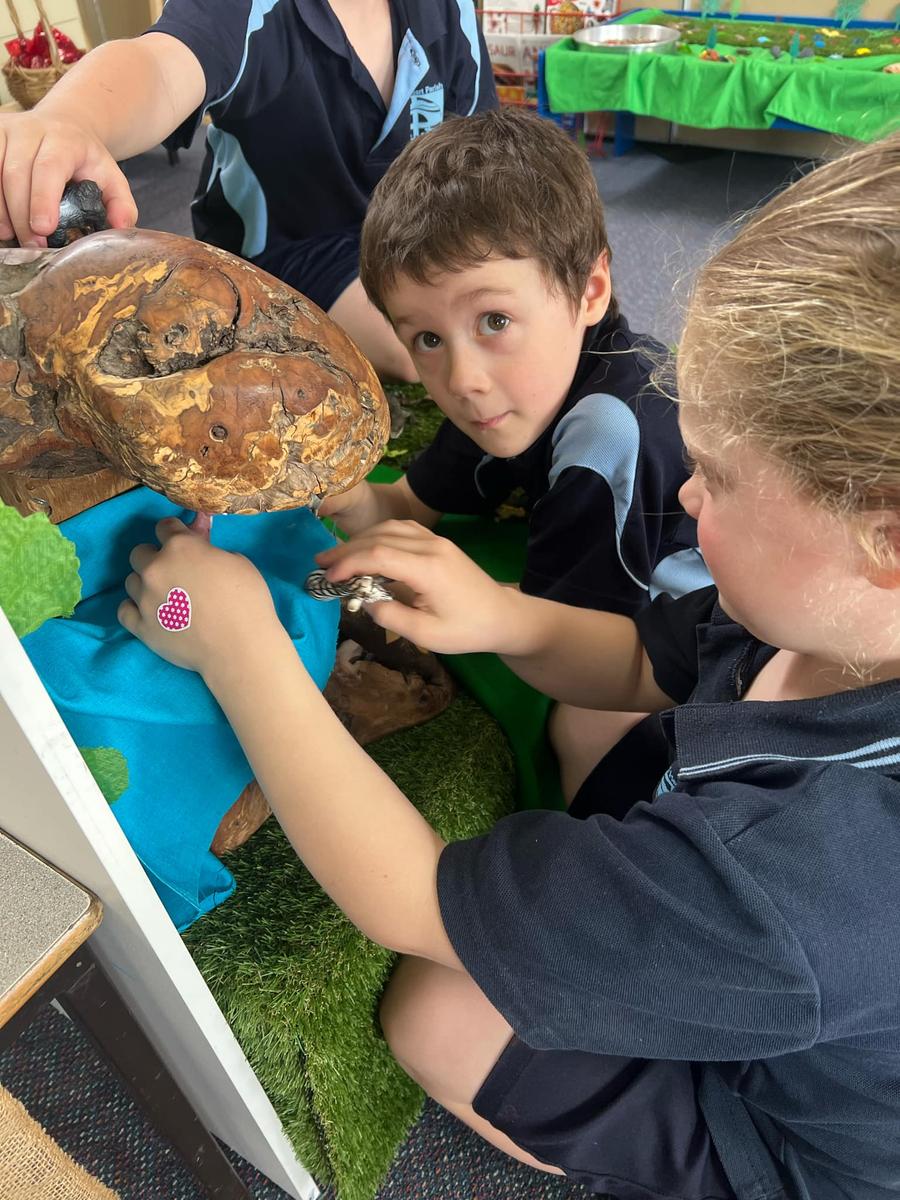
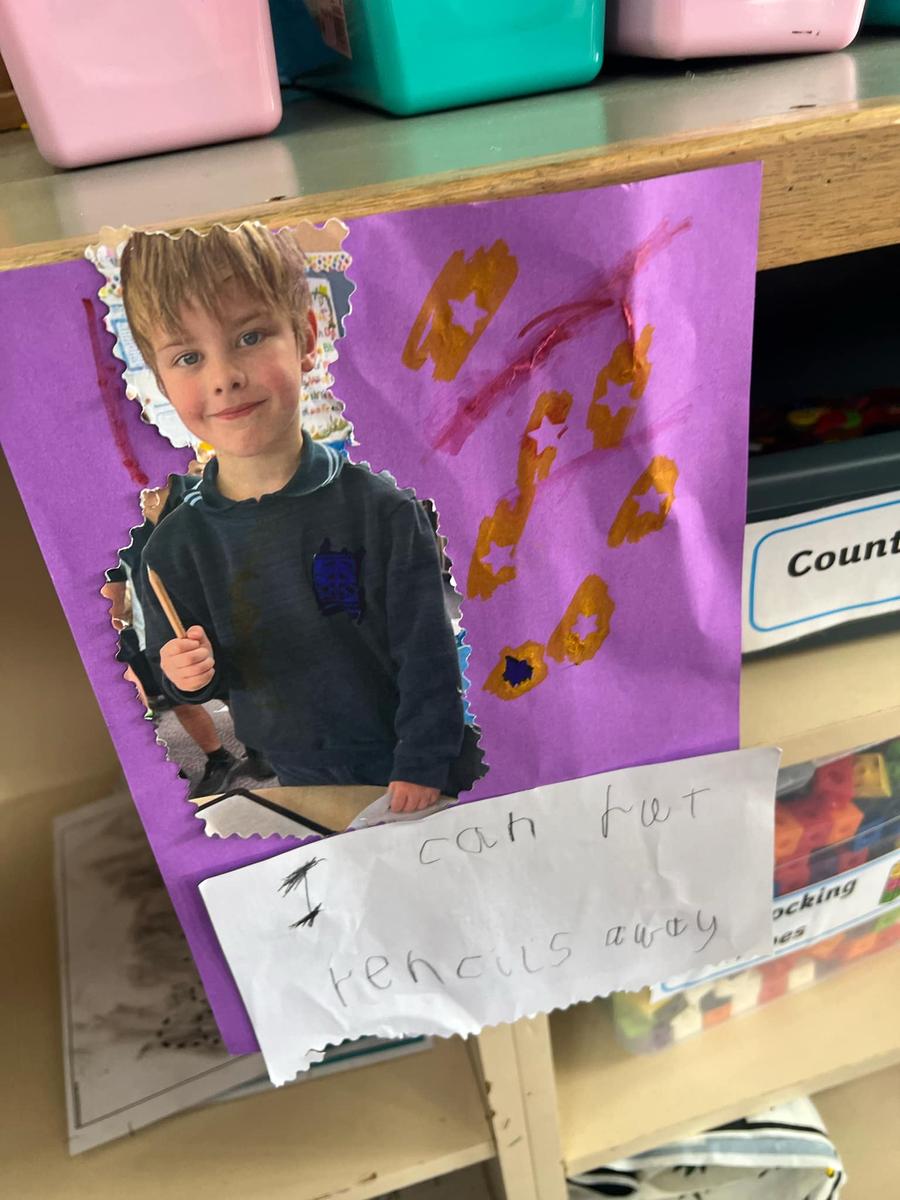

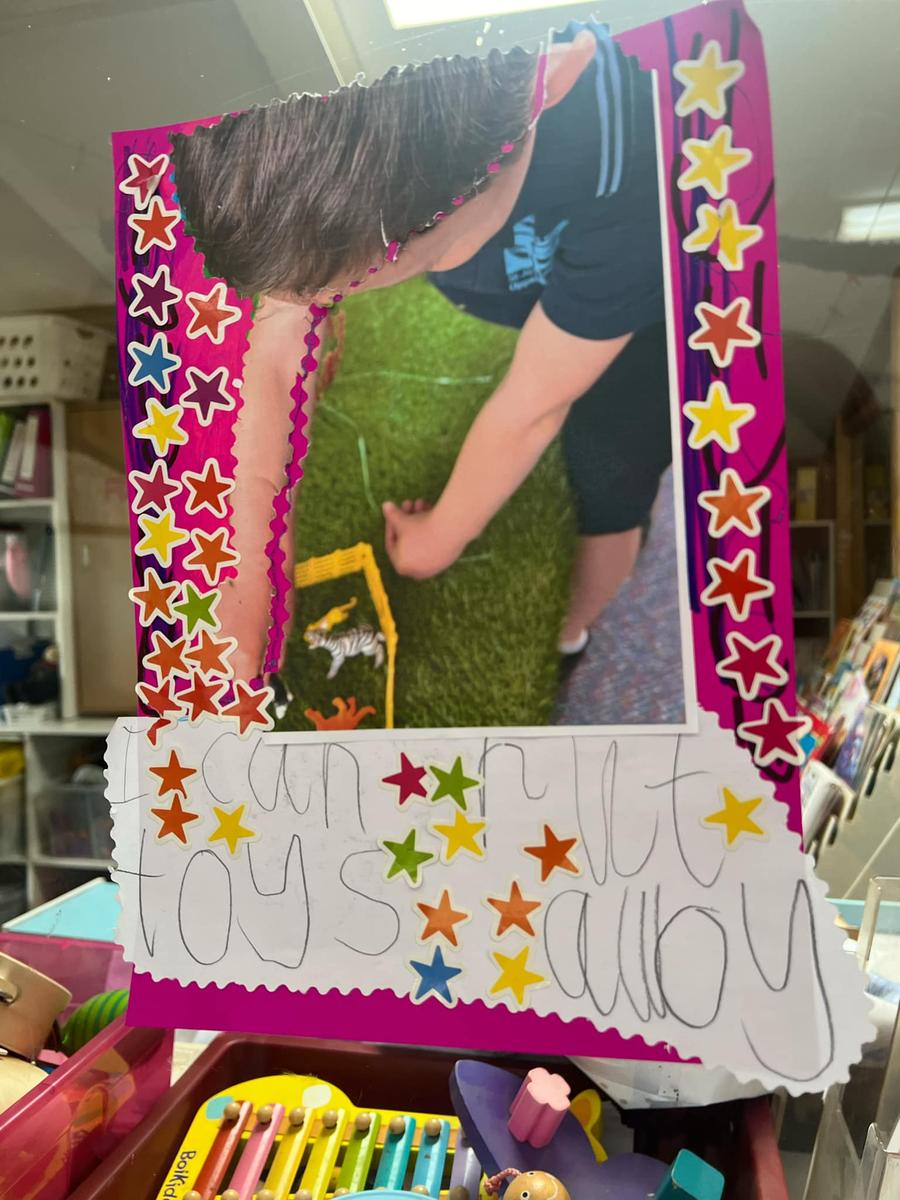













Dear Parents and Carers,
During Term 4, students will continue engaging with the Rights, Resilience and Respectful Relationships program. The Respectful Relationships program supports schools and early childhood settings to promote and model respect, positive attitudes and behaviours.
Respectful Relationships promotes respect and gender equality and helps students learn how to build healthy relationships. It prepares students to face challenges by developing problem-solving skills and building resilience and confidence. Schools involved in the Respectful Relationships initiative to create a culture of respect and gender equality, by looking at their practices and policies to drive meaningful change.
The Royal Commission into Family Violence identified the critical role that schools and early childhood education have in creating a culture of respect to change the story of family violence for future generations.
In 2016, Respectful Relationships education became a core component of the Victorian Curriculum from foundation to year 12 and is being taught in all government and Catholic schools and many independent schools.
During Term 4, students will be engaging with Topic 7- Identity. Respectful Relationships lessons occur fortnightly in the classrooms. Below is a summary of what the students will be learning about. To cater for our students, we have also altered the lessons and have decided to teach the students the given lessons in the year level below to take smaller steps and to tread lightly with the content.
F/1/2
3/4
5/6
We have sought advice from MACS (Melbourne Archdiocese of Catholic Schools) through the implementation of this topic.